While renting a car can be an exciting part of travel, not all vehicles are created equal in the eyes of rental companies. Some SUVs are notably absent from rental fleets, often due to issues related to performance, maintenance, or customer satisfaction. Here’s a closer look at eight SUVs that are often banned from rental car fleets.
Ford Explorer
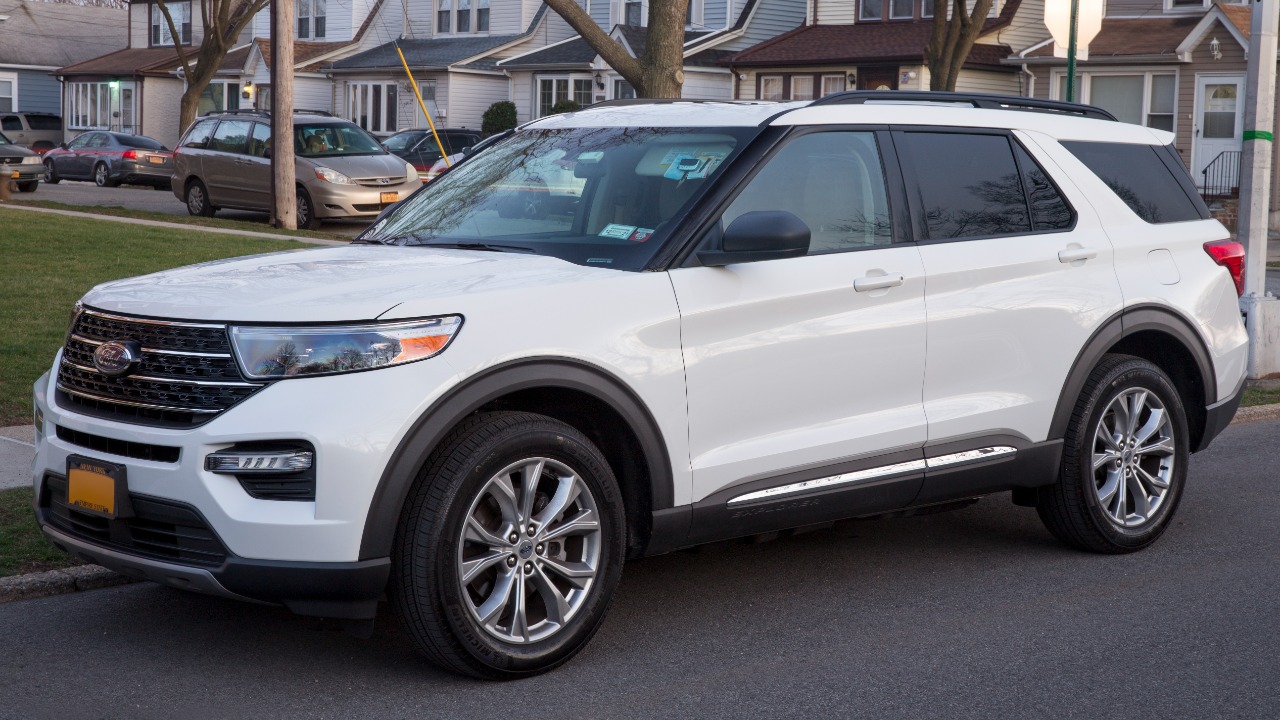
The Ford Explorer, known for its spacious interior and solid performance, surprisingly doesn’t make the cut for many rental companies. This is largely due to its history of safety recalls and maintenance concerns, which can be costly for rental businesses to manage. The 2020 model alone was involved in numerous recalls for issues ranging from transmission glitches to faulty seatbacks.
Additionally, the Explorer’s fuel efficiency, while improved, still lags behind some of its competitors, making it a less attractive option for rental agencies looking to minimize costs and environmental impact. Its higher-than-average rental price point also contributes to its exclusion from many fleets.
Jeep Cherokee
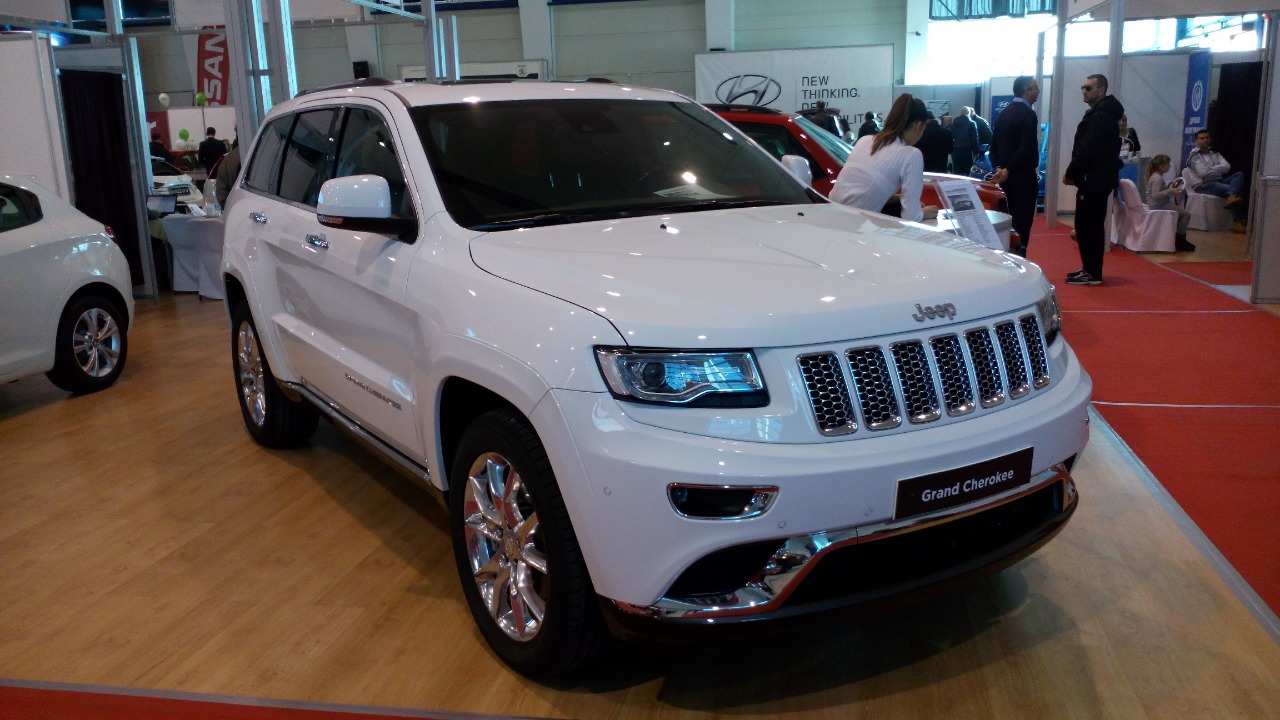
The Jeep Cherokee offers off-road capabilities that are hard to match, but it often falls short in reliability and cost-effectiveness for rental fleets. Issues with the Cherokee’s transmission, particularly in models from 2014 to 2016, have been well-documented, leading to frequent breakdowns and high maintenance costs.
Rental companies also shy away from the Cherokee due to its relatively high insurance costs, which can significantly impact profitability. These factors, combined with its middling fuel economy, often lead to its exclusion from rental options.
Chevrolet Suburban
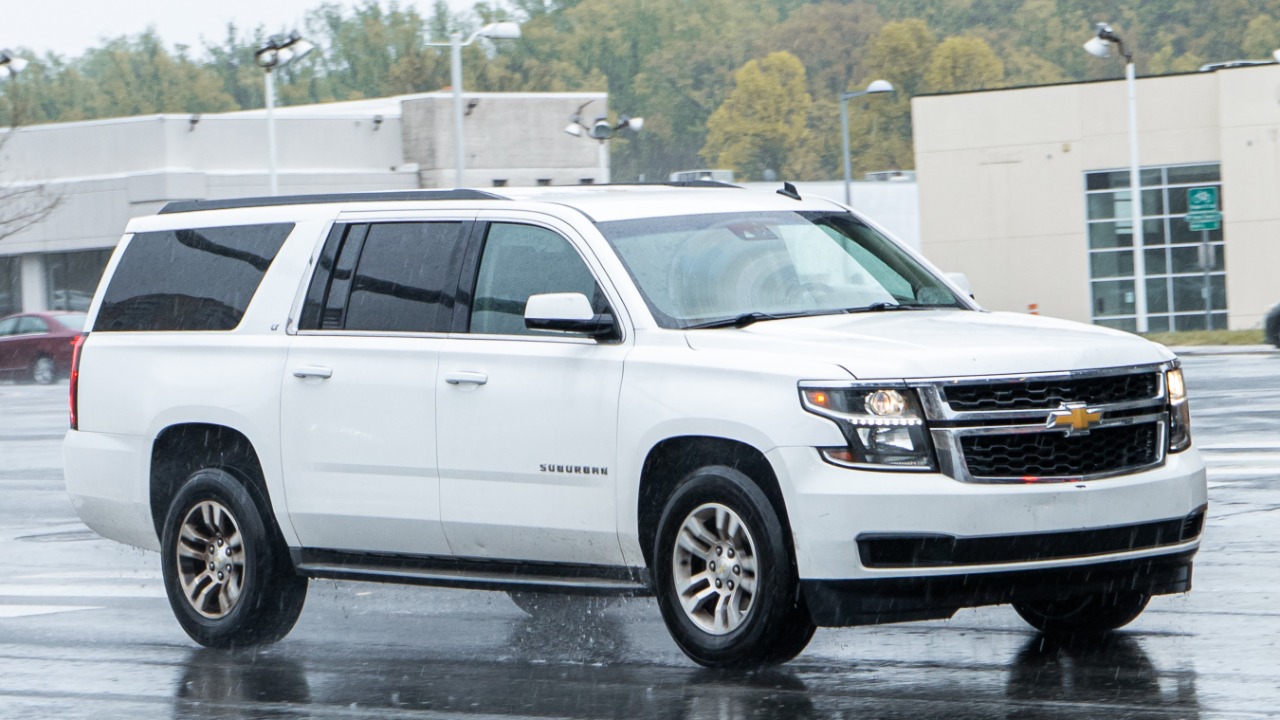
The Chevrolet Suburban is a full-size SUV known for its towing capacity and spaciousness, but its large footprint can be a burden for rental companies. The Suburban’s significant size makes it challenging to park and maneuver, which can be a concern for renters and rental agencies alike.
Moreover, the Suburban’s fuel consumption is higher than average, which is increasingly important as consumers and companies are moving towards more eco-friendly vehicles. As a result, it’s often passed over in favor of more economical and environmentally friendly options.
Nissan Pathfinder
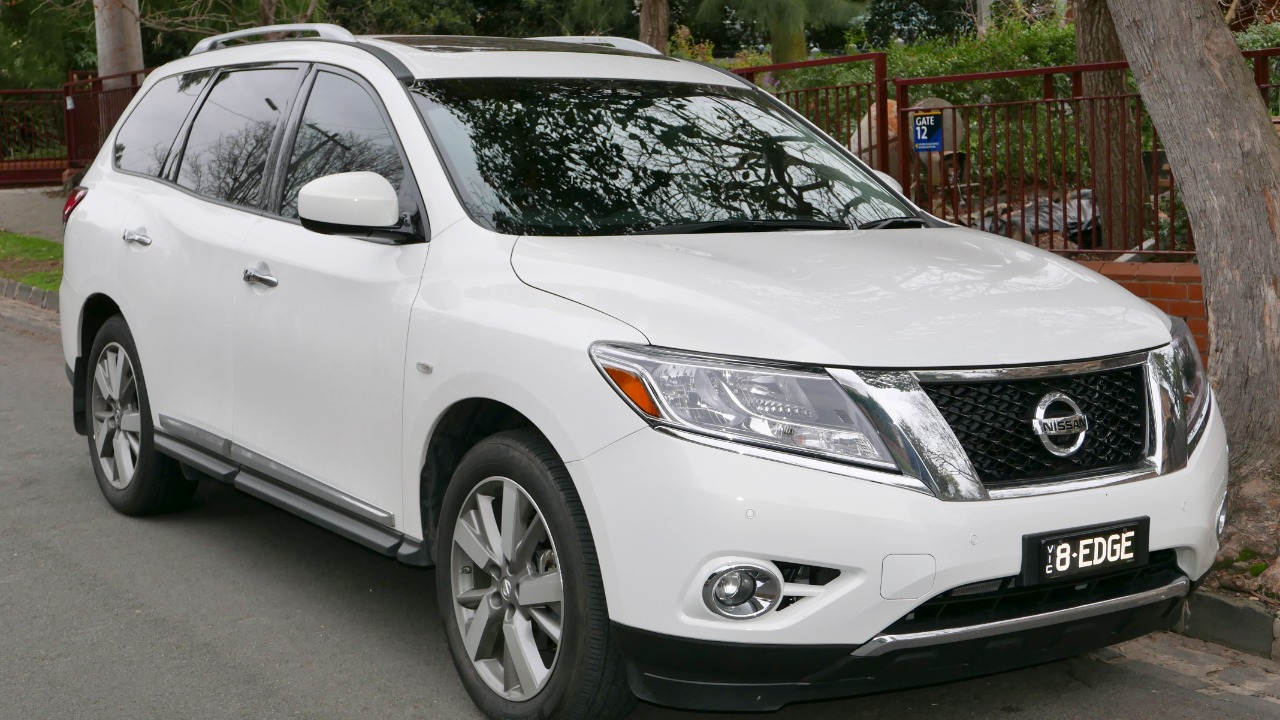
The Nissan Pathfinder has been a staple in the SUV market, but its recent models have struggled with reliability issues that have deterred rental companies. The 2013 model year, in particular, experienced significant problems with its continuously variable transmission (CVT), leading to costly repairs and frustrated customers.
Additionally, the Pathfinder’s resale value tends to depreciate quickly, making it a less attractive investment for rental companies, who prefer vehicles that retain their value over time. This, coupled with its average fuel economy, has often led to its exclusion from rental fleets.
Toyota 4Runner

The Toyota 4Runner is highly regarded for its durability and off-road capabilities, yet it rarely appears in rental fleets. Its rugged design and capability are great for adventure, but these features often translate into a rougher ride and less comfort for everyday use, which can be a disadvantage for rental purposes.
Furthermore, the 4Runner’s fuel efficiency is less competitive when compared to other SUVs, and with the trend towards electric vehicles, its traditional engine becomes a downside. These factors collectively contribute to its limited presence in rental car offerings.
Mitsubishi Pajero

The Mitsubishi Pajero, known for its off-road prowess, is often not included in rental fleets due to its declining popularity and availability in certain markets. Many rental companies avoid the Pajero because of its aging design and features, which can lead to lower customer satisfaction.
Moreover, the Pajero’s fuel efficiency and emissions have come under scrutiny, making it less favorable for modern fleets aiming to reduce their environmental footprint. As a result, rental agencies tend to opt for more contemporary and efficient models.
Dodge Durango
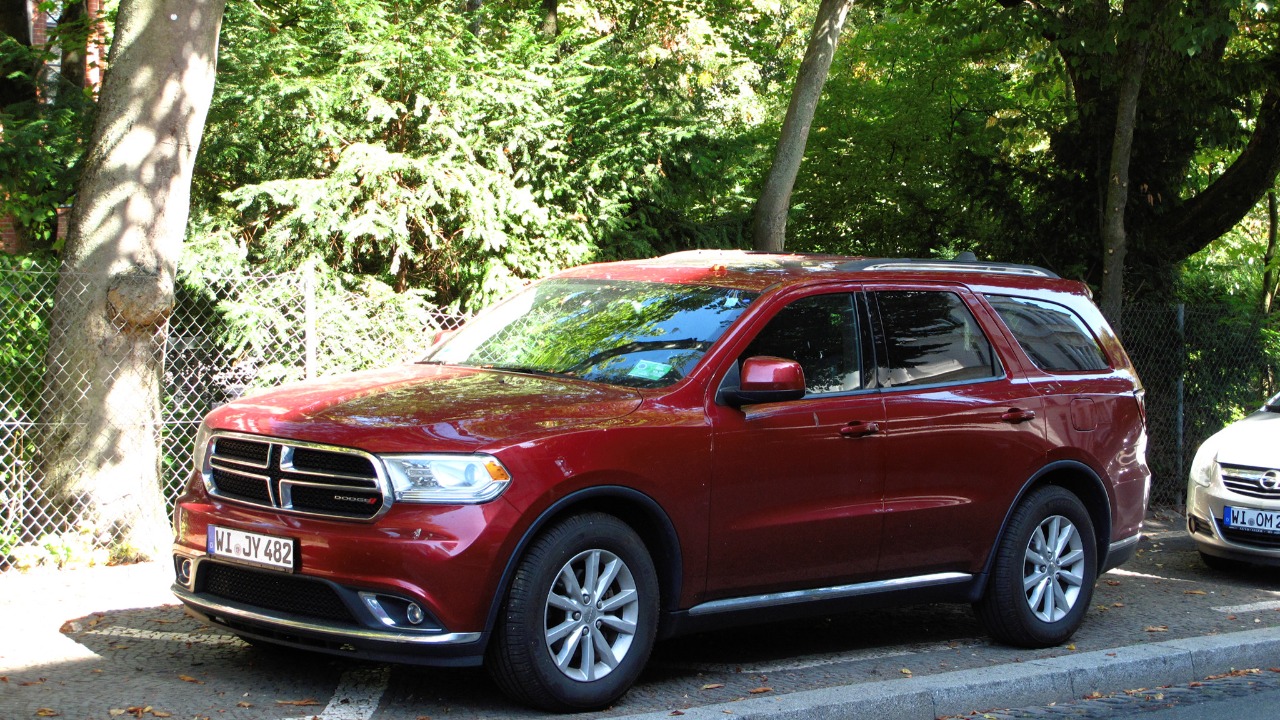
The Dodge Durango boasts powerful engine options and a spacious interior, yet it’s not commonly found in rental fleets. The Durango’s higher base price and depreciation rate make it less financially appealing for rental companies, who prefer vehicles that hold their value.
Additionally, while the Durango performs well in towing and power, its fuel economy is subpar, which can be a significant deterrent for companies looking to optimize operational costs. These factors contribute to its limited presence in the rental market.
Land Rover Discovery

The Land Rover Discovery is often excluded from rental fleets due to its high maintenance costs and reliability issues, which can lead to increased downtime and expenses for rental companies. The Discovery’s complex engineering and premium features, while appealing, can result in frequent and costly repairs.
Furthermore, the Discovery’s fuel efficiency is not particularly competitive, especially in an era where rental companies are increasingly focused on efficiency and sustainability. As such, many agencies opt for more reliable and cost-effective alternatives.